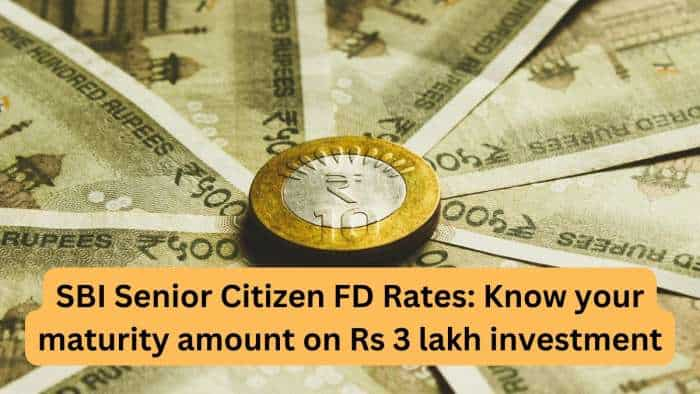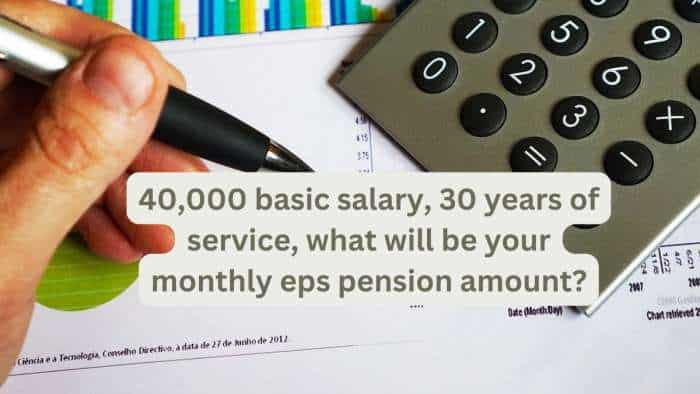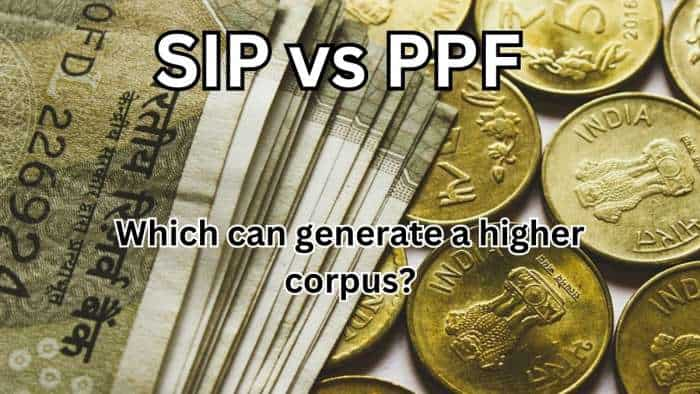RBI issues draft regulations for payment aggregators; here is all you need to know
RBI latest news today: The Reserve Bank of India has released two sets of draft regulations for payment aggregators, broadly concerning certain activities carried out at physical points of sale (PoS). The central bank also made certain amendments to certain existing directions and invited public comments by May 31. Here's a lowdown on what these guidelines are all about.
)
RBI latest news: The Reserve Bank of India (RBI) on Tuesday issued draft regulations for payment aggregators, covering a broad range of aspects including points-of-sale (PoS) activities. The banking regulator, whose draft regulations also included certain amendments to existing directions, sought public comments on the latest directions till May 31. The RBI had in September 2022 announced certain directions on the developmental and regulatory policies applicable to offline payment aggregators handling proximity or face-to-face payments.
Here are 10 important things to know about the RBI's latest draft regulations for the space:
- While the new draft directions cover the physical PoS activities of payment aggregators, the amendments to the existing directions are in consideration of the growth in digital transactions in the country and the significant role played by payment aggregators in the space.
- The updates cover areas such as know-your-customer (KYC) rules and operations in escrow accounts and are aimed at further strengthening the payment ecosystem.
- The RBI has proposed that non-banks providing payment aggregator PoS services (such as Razor Pay and Amazon Pay) will need to have a minimum net worth of Rs 15 crore at the time of applying for authorisation. They will also need to have a minimum net worth of Rs 25 crore, as of March 31, 2028. This will need to be maintained at all times thereafter.
- Similar rules will also apply to new non-banks, meaning entities that have not commenced operations before the date of this circular.
- They will need to have a minimum net worth of Rs 15 crore at the time of applying to the RBI for authorisation and to attain a minimum net worth of Rs 25 crore by the end of the third financial year of grant of authorisation. These entities will also need to maintain a minimum net worth of Rs 25 crore at all times thereafter.
- If the entity is granted a Certificate of Authorisation on October 1, 2025, it will achieve a net worth of Rs 25 crore by March 31, 2028.
- The draft regulations also state that payment aggregators will also have to ensure that any marketplaces that they onboard do not collect or settle funds for services not provided by them.
- The payment aggregator PoSs in operation failing to comply with the net worth requirement or not applying for authorisation within the stipulated timeframe will need to wind up aggregating activity by July 31, 2025.
- "Banks shall close accounts (used for PA activity) of non-bank PA-P (existing as on the date of this circular) by October 31, 2025, unless such PAs produce evidence regarding application for authorisation submitted to the RBI," the RBI added.
- Comments or feedback on the draft directions may be sent by email or by post to the Chief General Manager-in-Charge, Department of Payment and Settlement Systems, Reserve Bank of India, Central Office, 14th Floor, Shahid Bhagat Singh Marg, Mumbai-400001 before the deadline, according to the RBI.
"We applaud the RBI’s continuous efforts on strengthening the KYC and due diligence practices for payment aggregators (PAs)... The regulator has emphasised that compliance is an area where PAs cannot adopt a 'one size fits all' approach. They need to have mechanisms in place that continuously monitor the transaction activity of the merchants, incorporate risk-based payment limits, and flag off any potential risk at an early stage," said Ankit Ratan, Co-Founder and CEO of Signzy, which provides KYC onboarding and compliance solutions to entities such as banks, NBFCs and payment aggregators.
With inputs from agencies
Get Latest Business News, Stock Market Updates and Videos; Check your tax outgo through Income Tax Calculator and save money through our Personal Finance coverage. Check Business Breaking News Live on Zee Business Twitter and Facebook. Subscribe on YouTube.
RECOMMENDED STORIES

Gratuity Calculation: What will be your gratuity on Rs 45,000 last-drawn basic salary for 6 years & 9 months of service?

SBI Senior Citizen FD Rates: Want to invest Rs 3,00,000 in SBI FD? You can get this much maturity amount in 1 year, 3 years, and 5 years

No penalty for early loan repayment? Key takeaways from RBI's new foreclosure guidelines for lenders

EPS Pension Calculation: Rs 40,000 basic salary, 30 years of service, what will be your monthly EPS pension amount?

Retirement Planning: How one-time investment of Rs 11,00,000 can create a Rs 3,30,00,000 retirement corpus

New Tax Regime Calculations: Is your annual income Rs 12,76,000? Will you be taxed on Rs 1,000, or Rs 12,76,000 in proposed new tax regime? Know rules

SIP Calculation at 12% Annualised Return: Rs 1,000 monthly SIP for 20 years, Rs 4,000 for 5 years or Rs 10,000 for 2 years, which do you think works best?
03:11 PM IST









 RBI tightens rules for personal loans, credit cards amid demand surge
RBI tightens rules for personal loans, credit cards amid demand surge